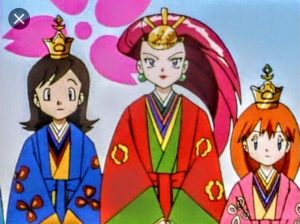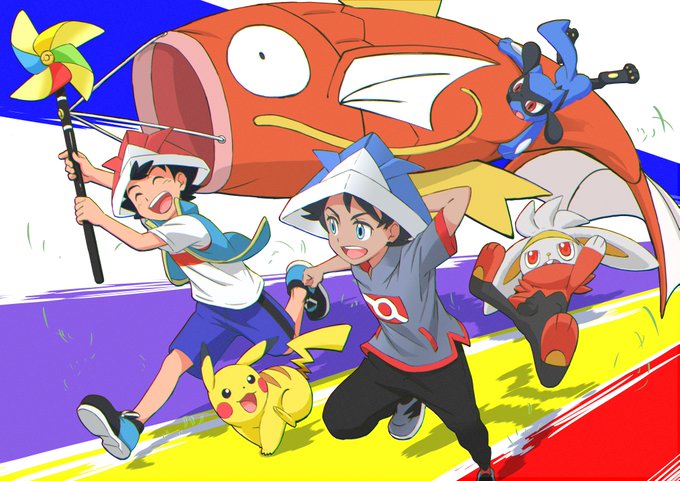
You may have heard of Golden Week in Japan, a week-long conglomeration of holidays that results in many people having no work or school, but do you know about Children’s Day? Children’s Day is celebrated on May 5th and is the last holiday in Golden Week, marking the end of the vacation with one final celebration. While Children’s Day is a holiday for, you guessed it, children, that doesn’t stop it from being celebrated by people of all ages in one way or another.
Keep reading to learn more about what Children’s Day is and how it's celebrated—and also how it's been depicted in anime! The next time you see carp flags or hear someone mention Children’s Day in anime or manga, you will know what they are talking about and the story behind what you are seeing.
What is Children’s Day?
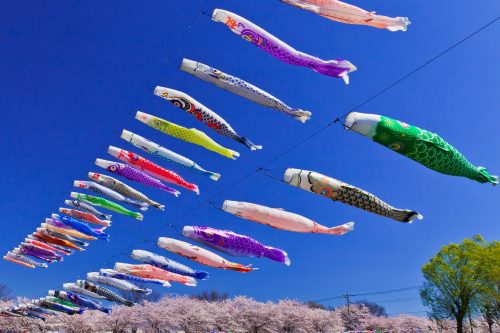
Children’s Day has a long history in Japan. It’s one of the five original celebrations that were held by the Imperial Court and was originally known as Tango no Sekku. It was held on the fifth day of the fifth moon in the Chinese calendar, but when Japan switched to using the Gregorian calendar, it was moved to May 5th (the fifth day of the fifth month). The holiday was called Boys’ Day for a long time as a counterpart to Hinamatsuri, or Girls’ Day, on March 3rd. But in 1948, the name was changed to Children’s Day to allow the holiday to celebrate the happiness and well-being of all children.
Children’s Day is usually celebrated by flying koinobori, which are carp-shaped windsocks that traditionally come in colours with significance. Black is for the father, red for the mother, and blue (or sometimes orange or green) for each child in the family in the modern celebration of Children’s Day. Each child’s koinobori will be a different colour based on their age and position in the family. Historically, when it was still Boy’s Day, the koinobori was flown for each boy in the household. Carps were chosen because of the Chinese legend that when a carp swims upstream, it will become a dragon, and the carp flag flying in the wind looks like it is swimming. A doll of Kintaro, a hero from the Heian period, was also displayed riding a carp, along with a Samurai helmet.
All of these things represent strength and vitality for the boys. Today, many of these traditions still hold true, though they represent happiness and vitality for all the children in the household. The Kintaro doll and helmet are much more rarely displayed these days than the koinobori, which can be seen all over modern Japan during Golden Week. Sticky rice cakes full of red beans and wrapped in oak leaves, called kawashi mochi, and sweet sticky rice wrapped in bamboo leaves, called chimaki, are also eaten for Children’s Day and can be purchased at most supermarkets in Japan around May 5th.
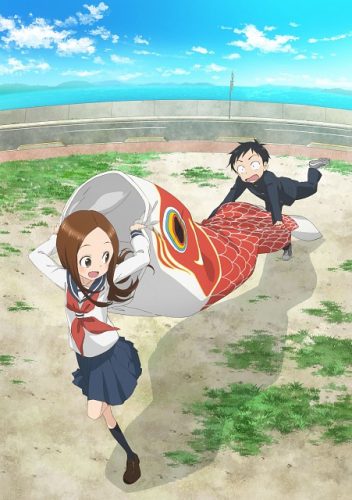
Children’s Day in Anime
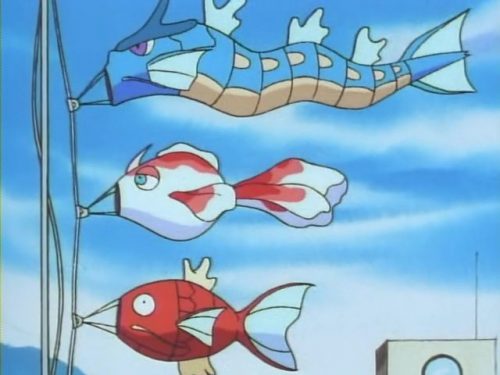
Okay, so now that we know a bit more about the history of Children’s Day and how it is celebrated, let’s talk about some examples from anime! One of the best instances is in Pokemon Episode 53, The Purr-fect Hero. The story is set on Kids’ Day, which is quite obviously Children’s Day. Ash, Misty, and Brock let preschool kids play with their Pokemon to celebrate, and even Jesse and James remember their own Kids’ Day memories from childhood. The coolest thing, though, are the koinobori, which are Gyarados, Goldeen, and Magikarp!
Another great example of Children’s Day in anime is in Doraemon, a beloved anime for Japanese children. In Episode 362, “Catch the Carp Streamer!,” Suneo is disappointed when his koinobori does not have enough wind to make it fly. When he discovers that Nobita’s koinobori is flying beautifully in the sky, Suneo investigates further and discoveres his secret—feeding the carp a special snack! Unfortunately, Sueno feeds his koinobori far too much food, unleashing chaos when it grows too large and has too much energy. It's a fun, short episode that is appropriate for kids of all ages to watch to see a bit more about Children’s Day in Japan.
Final Thoughts
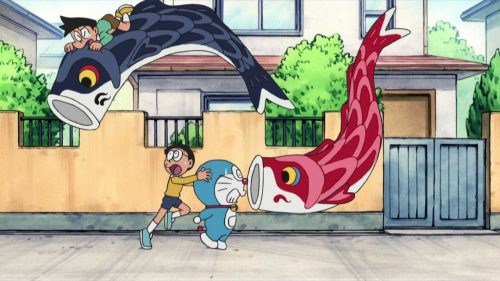
Children’s Day is one of the oldest and most traditional holidays in Japan that is still celebrated to this day. Seeing koinobori in anime or photos from Japan can be confusing if you don’t know what they are, or what they are used for. Luckily, now you do! If you want to, you can even have a Children’s Day celebration in your own home this May 5th—even if you don’t have any children, don’t let it hold you back. Children’s Day can celebrate happiness and vitality for everyone, after all. And keep your eyes open for Children’s Day celebrations the next time you’re watching anime. You never know when you may see koinobori in the background!
Have you ever noticed koinobori or other Children’s Day celebrations in anime? Have you ever celebrated Children’s Day yourself? Are you interested in celebrating it this year? Are there any other Japanese holidays you would like to learn more about? Let us know in the comments!


